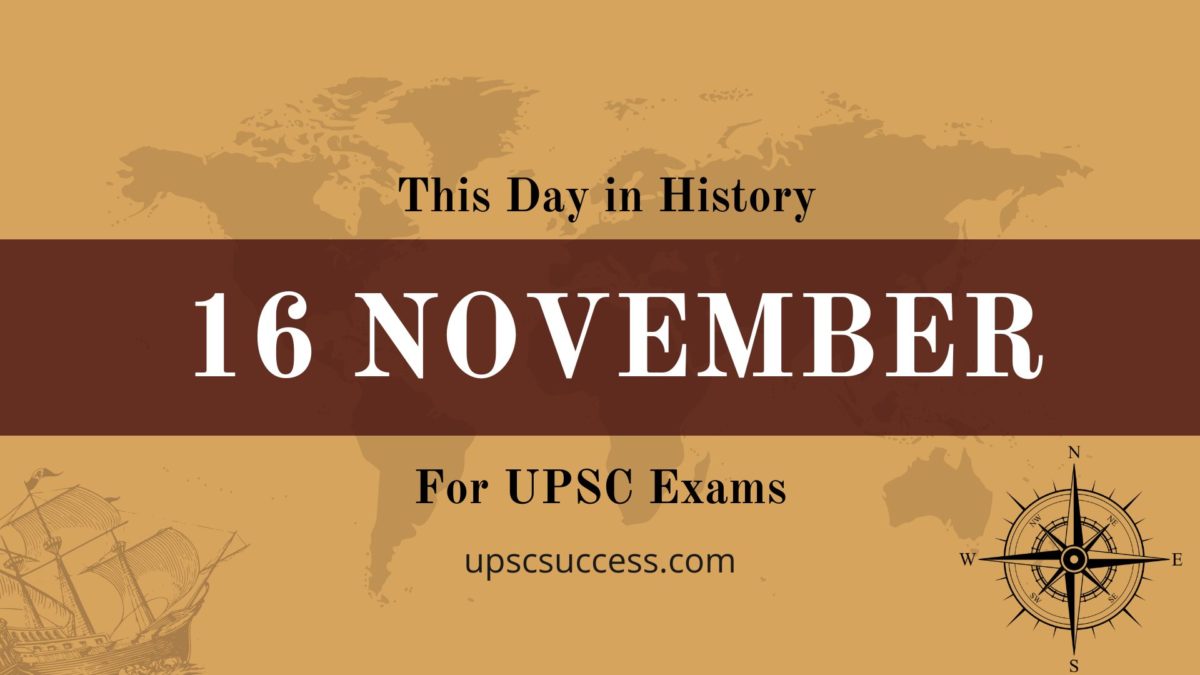Contents
This Day in History on 16 November
The historical events hold a lot of value for aspirants who are sitting for UPSC competitive exams including the IAS Exam.
On this page, we will list all historical events that occurred on 16 November. The students can refer to them while preparing for all competitive exams and banking exams.
Important Days
International day for tolerance
Important Events
1713: Chhatrapati Shahu appointed Balaji Vishwanath, a very remarkable man in Maratha history, as ‘Peshwa’.
1849: World famous Russian writer Fyodor Dostoevsky was sentenced to death for being a member of an underground organization.
1860: First group of Indian worker’s reached Natal, South Africa.
1868: Scientists Lacier and Nansen discovered helium by studying a total solar eclipse. It is named after the Greek sun-god Helios.
1877: Ardaseer Cursetjee Wadia, professor, pioneer and innovator, died. He was the first Indian who was elected as a Fellow of the Royal Society, London. He introduced lighting by gas and was the first to build “INDUS”, a steam-ship in India in 1833. He also introduced sewing machine, photography and electro-plating.
1883: Pandit Baburao Vishnu Paradkar, eminent Hindi editor and journalist, was born at Varanasi. His journey in journalism moved from Hindi Bangwasi-1907, Hitwarta (1910), Bharatmitra (1916). He was arrested being accused of revolution and assassination and was imprisoned for three and a half years. After his release from Jail in 1920, he went back to Varanasi. In 1920, he was editor of Hindi daily Aj and through his editorials, his thoughtful critic, superb writer and the pioneer of ideological revolution, struggle for India’s freedom and establishment of Rashtrabhasha Hindi. National Press Day is also celebrated on his birthday.
1893: Dr. Annie Besant arriveed in India.
1907: Indian Territory and Oklahoma Territory join to form Oklahoma, which is admitted as the 46th U.S. state.
1914: US Federal Reserve opened.
1915: Vishnu Ganesh Pingale, accused in the Lahore conspiracy, and seven others, including Bagi Kartar Singh, were hanged.
1921: Nearly 700 Mopalh rebels were killed by the Gurkhas as they attacked the Pandikkad post at Delhi.
1938: Albert Hofmann’s invention of the lysergic acid diethylamide drug came into existence.
1945: UNESCO was established.
1958: India and U.S.S.R. sign trade agreement to exchange Soviet industrial and agricultural equipment for farm commodities at Moscow.
1962: Chinese troops launch a major offensive in the frontier war.
1988: India gives full recognition to the state of Palestine.
1988: Benazir Bhutto became Pakistan’s prime minister.
1992: Reservation, Supreme Court rejects economic criteria.
1995: Mass Rapid Transit System (MRTS), India’s first elevated suburban railway, becomes operational in Madras.
1995: The Pension scheme ordinance for 18 million Provident Fund subscribers takes effect with an initial corpus of Rs. 85.00 billion.
1997: Sandalwood smuggler Veerappan offers to surrender.
1997: Swaraj Paul, a non-resident Indian entrepreneur, was awarded an honorary doctorate by the Bradford University, UK.
1999: Suraj Bhan, Bihar Governor, dismisses the Horticulture and Weights and Measurements Minister Samrat Chaudhary in the Rabri Devi cabinet for being ‘underaged’.
2000: The Government to reduce equity holding in nationalised banks from 51 per cent to 33 per cent.
2013: After a long career of 24 years, the great cricketer Sachin Tendulkar retired from cricket and within a few hours, he was declared the Bharat Ratna, the highest civilian award in India. He got this honor at the youngest age (40).

Birth/Birth Anniversary
42 BC: Tiberius, the second Roman emperor.
1846: Akbar Allahabadi, an Indian Urdu.
1883: Pandit Baburao Vishnu Paradkar, eminent Hindi editor and journalist, was born at Varanasi. His journey in journalism moved from Hindi Bangwasi-1907, Hitwarta (1910), Bharatmitra (1916). He was arrested being accused of revolution and assassination and was imprisoned for three and a half years. After his release from Jail in 1920, he went back to Varanasi. In 1920, he was editor of Hindi daily Aj and through his editorials, his thoughtful critic, superb writer and the pioneer of ideological revolution, struggle for India’s freedom and establishment of Rashtrabhasha Hindi. National Press Day is also celebrated on his birthday.
1887: Padmacharan Patnaik, famous Orria poet, was born.
1896: Oswald Mosley, 6th Baronet, a British politician.
1897: Choudhry Rahmat Ali, a Pakistani nationalist.
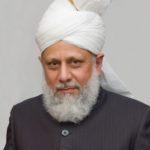
1897: Choudhry Rahmat Ali, Indian-Pakistani academic (d. 1951)
1904: Nnamdi Azikiwe, Nigeria’s first president.
1908: Bommi Narsingh Reddy, famous film story writer, was born.
1909: Mirza Nasir Ahmad, Indian-Pakistani religious leader (d. 1982)
1909: Hāfiz Mirza Nasir Ahmad, the third caliph, head of the Ahmadiyya Community.
1913: Agnihotri Ambadas Shankar, journalist and litterateur, was born.
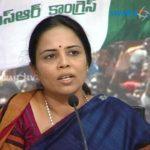
1927: Shriram Lagoo, an Indian film, and theatre actor.
1930: Mihir Sen, an Indian long-distance swimmer, and businessman.
1936: Ramoji Rao, an Indian film producer, and media entrepreneur.
1942: Sam Pitroda, an Indian telecom engineer, inventor and entrepreneur.
1946: Terence McKenna, an American ethnobotanist.
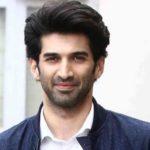
1963: Meenakshi Seshadri, an Indian actress, model, and dancer.
1968: Shobha Nagi Reddy, Indian politician (d. 2014)
1973: Pullela Gopichand, a former Indian badminton player.
1985: Aditya Roy Kapur, Indian film actor
Death/ Death Anniversary
1240: Ibn Arabi, an Arab Andalusian Muslim scholar, mystic, poet, and philosopher.
1797: Frederick William II, King of Prussia.
1877: Ardaseer Cursetjee Wadia, professor, pioneer and innovator, died. He was the first Indian who was elected as a Fellow of the Royal Society, London. He introduced lighting by gas and was the first to build “INDUS”, a steam-ship in India in 1833. He also introduced sewing machine, photography and electro-plating.
1915: Vishnu Ganesh Pingale, accused in the Lahore conspiracy, and seven others, including Bagi Kartar Singh, were hanged.
1947: Giuseppe Volpi, Italian businessman, and politician. He was the founder of the Venice Film Festival.
1947: Kamta Prasad “Guru” died at Jabalpur. He was renowned for his contribution in the field of Hindi Grammer. He was the editor of a monthly ‘Saraswati’ and ‘Balasakha’, children magazine.
1950: Dr. Bob Smith, an American physician, and one of the founders of Alcoholics Anonymous.
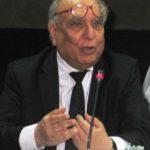
1960: Clark Gable, American actor.
1967: Roshanlal Nagrath alias Roshan, Indian musician.
1973: Alan Wilson Watts, a British writer, and speaker.
1991: Madhukar Karekar, famous journalist, died.
2006: Milton Friedman, an American economist. He received the Nobel Prize in Economic Sciences.
2013: Tanvir Ahmad Khan, Indian-Pakistani diplomat, 19th Foreign Secretary of Pakistan (b. 1932)

